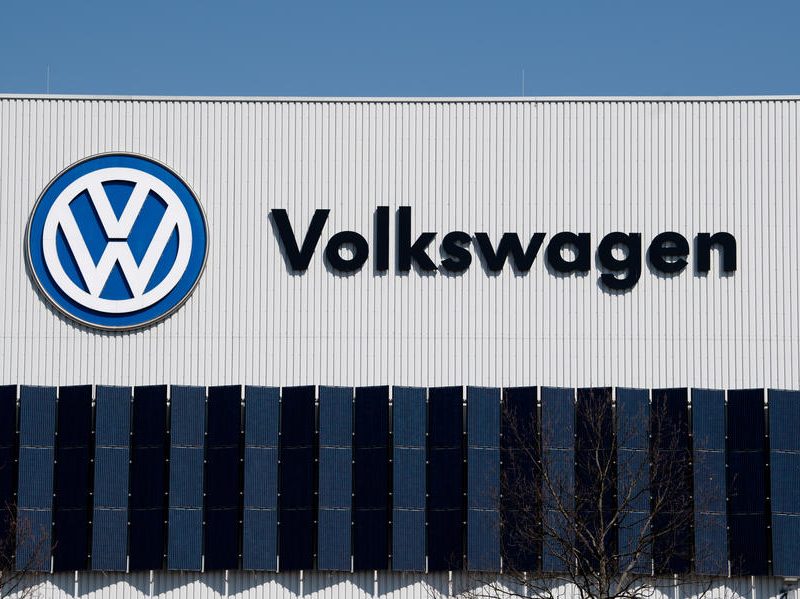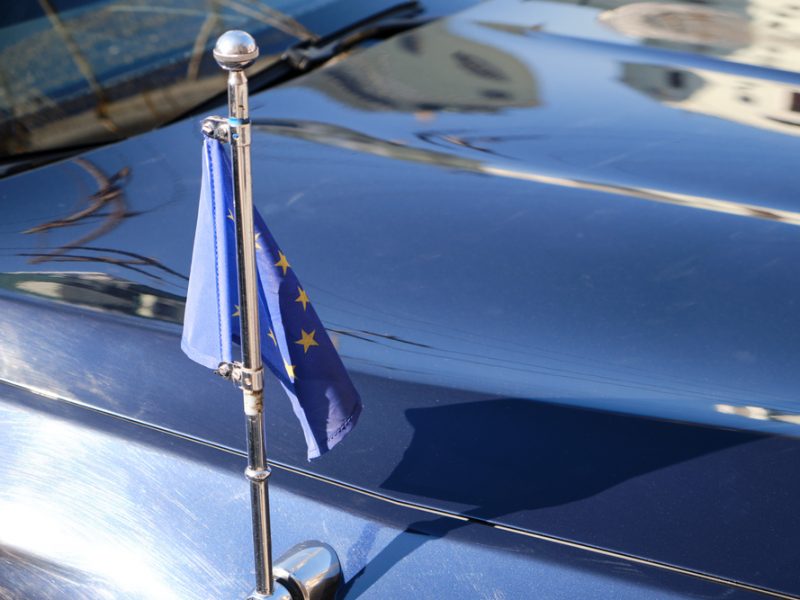Dieselgate, five years on: VW still stalling
German carmaker Volkswagen has still not compensated motorists who were defrauded by 2015’s emissions-cheating scandal, according to consumer groups. Five years after Dieselgate, the EU is still struggling to tidy up the mess.
Motorists that bought a VW fitted with a so-called defeat device – illegal software designed to game emissions tests – have been eligible for compensation after Germany’s federal court ruled in May that consumers can seek damages.
VW had up until then claimed that its involvement in Dieselgate had not caused any damage to motorists as the cars were still usable.
A report published by the European Consumer Organisation (BEUC) on Friday (18 September) warns that VW is still refusing to engage in settlement talks in any countries other than Germany, where a new law makes collective procedures possible.
Ten consumer groups across Europe are still locked in legal battles with the carmaker, which has paid out billions in compensation to US and Australian motorists but has dragged its feet when it comes to its home market.
“After breaking the law on a massive scale, VW has ignored consumers’ justified claims. We will not let this pass. In many countries our member groups have picked up the gauntlet against Volkswagen,” said BEUC director Monique Goyens.
The EU’s top court decided in July that motorists should be allowed to sue VW in the country where the affected car was bought, as judges ruled that compensation should not be linked to where the vehicle was manufactured.
VW had until then insisted that complaints should be filed in Germany, which for non-Germans was an obviously costly and complex legal endeavour. Germans’ claims were boosted recently by a new collective procedure law, which helped 240,000 consumers reach a settlement.
In a July letter to Euroconsumers, another group, VW insists that “as each jurisdiction is unique, with different local laws and legal systems, rulings in one jurisdiction have little bearing on the position in another country.”
But a further boost for the consumer groups should come later this year, when the EU institutions adopt an already-brokered agreement on legislation aimed at making collective redress procedures commonplace across Europe.
Dieselgate derogations ditched
Another hangover of the emissions cheating scandal is a number of existing derogations that allow carmakers to exceed pollution limits through so-called ‘conformity factors’, which were put in place in 2016.
The European Commission argued that firms needed flexibility in order to account for statistical uncertainties inherent in switching between different testing procedures, which Dieselgate had pushed up the agenda.
On Wednesday (16 September), MEPs voted to scrap the exemptions and phase them out by 2022, backing a proposal by the environment committee that all cars should abide by Euro 6 criteria for acceptable limits for exhaust emissions within two years.
According to MEPs, the Joint Research Centre should provide data that can be used to set a gradual reduction of the conformity factors.
“We have to be realistic about the discrepancy between emissions measured in laboratories and those measured in real driving conditions by taking into account statistical and technical uncertainties linked to these measurements,” said rapporteur Esther De Lange (EPP).
The Parliament is now ready to enter negotiations with the member states on a final set of rules.
Alex Keynes of clean mobility group Transport & Environment said that “member states must show the way and abolish the conformity factor as soon as possible”, adding that carmakers should spend their resources on building zero-emission vehicles.
[Edited by Zoran Radosavljevic]
*** This article has been archived for your research. The original version from EURACTIV can be found here ***

